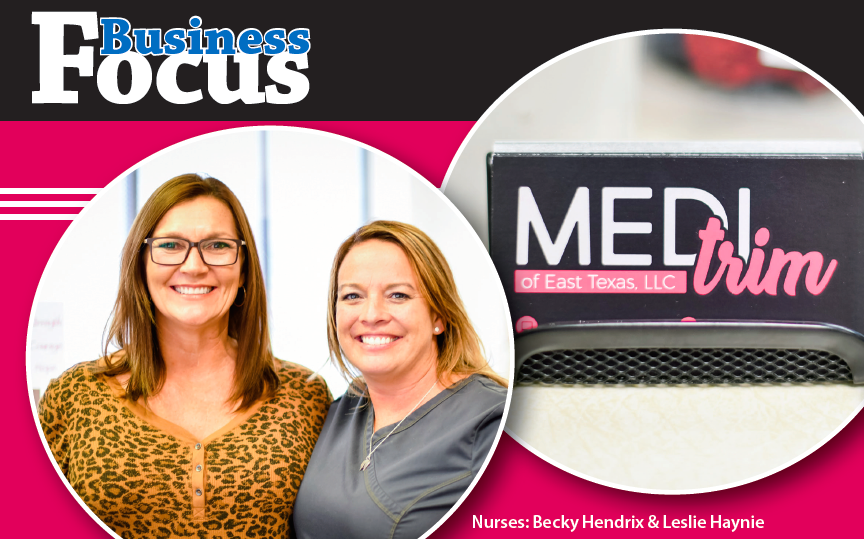Pharmacy companies have been brilliant in the last century in giving doctors great tools to treat age-related diseases. The average lifespan in a century has gained 26 years (52 years to 78 years), primarily from advances in medications. The advances are not cheap; every decade the cost has doubled. Patent protection provides the economic impetus to invest huge amounts of money in research which fuels the advances. To patent a drug, tens of millions of dollars are spent. Patent protection lasts 20 years, and then companies other than the developer can apply to produce competitive products termed generic medications (Generic means without a trade name; generic is the pharmaceutical name.).
Generic drugs usually cost only 20% or even less of brand-named ones because they don’t share the cost of development—only the manufacturing cost. Are generic drug users settling for less quality? No, not at all: The FDA has stringent criteria for approval of generic medications. The chemical composition of active ingredients must be identical, and the absorption must be the same. This means the drug works the same way and is in the same amount. Over 2,000 generic’s absorptions were compared to the brand’s absorptions, and the generics averaged 96.5%, which provides the same clinical results as the brand name. Further, in dozens of medical studies, outcomes were compared and, in every study, results were identical.

The FDA monitors both classes of medications for adverse events the same to ensure continued quality. Most non-generic drugs have alternatives in the same drug class which will suffice. Drug classes are different drugs that do the same thing, such as drugs to lower the blood pressure or lower cholesterol. However, there are diabetes meds that have no generics to do what they do. The lone difference is that generics may have different additives, other than the active ingredients, than the brand names, which can upset a few patients. Overall, there are few, if any, reasons for paying premium for the same drug.
Another pharmaceutical marketing ploy is direct to patient advertising. TV ads are replete with smiling, happy people because of buying expensive meds. Remember the past cigarette ads? Drug commercials are about the same. If the ads get you interested in asking your doctor for the advertised medicine—do it in the manner of asking for an opinion as whether the medicine will be worth a premium. There are studies showing that patients asking for a specific medicine or test often get it. It is part of granting requests, if not detrimental to care. Remember Garth Brook’s song “Unanswered Prayers” in which he was grateful in not getting them answered. That describes what one should feel when your request for advertised drugs gets a “you don’t need that” answer.
Get your meds in stand-alone chain pharmacies or pharmacies in grocery stores. Many have large numbers of generics at $4 for a month’s supply. WOW! See drjimshealthtips.com.



